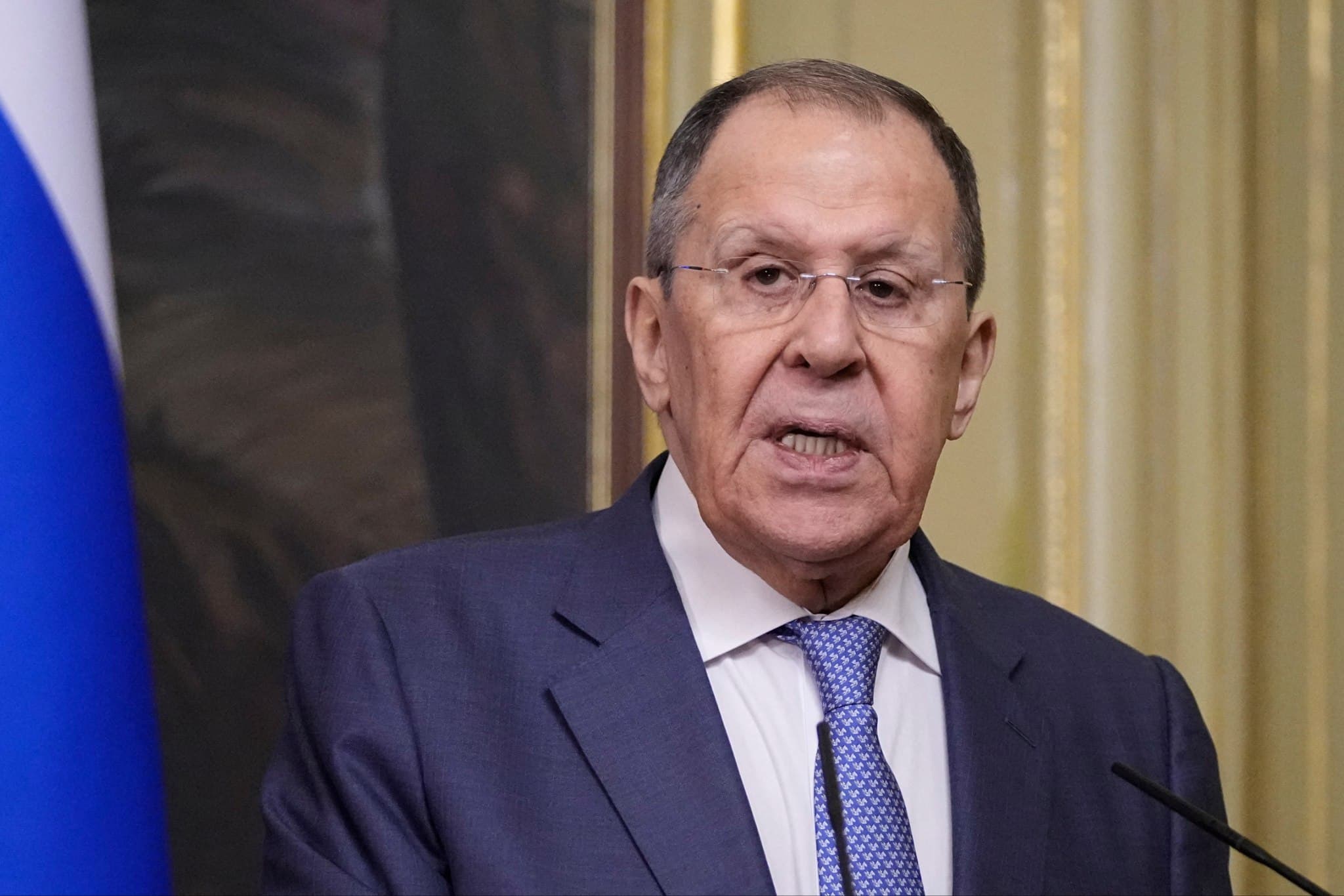#BREAKING | Russian Foreign Minister Sergey Lavrov has declared any presence of European peacekeeping troops in Ukraine as "absolutely unacceptable," intensifying existing tensions between Moscow and the West. This statement was made during a press conference earlier today, where Lavrov outlined Russia"s strong opposition to foreign military involvement in the ongoing conflict.
Lavrov"s Firm Stance on European Troops
During the conference, Lavrov articulated Russia"s position clearly, stating that the deployment of European peacekeepers would not only violate Ukraine"s sovereignty but also exacerbate the already volatile situation. He emphasized that such actions could lead to further escalations and undermine any potential for diplomatic resolutions.
The Russian Foreign Minister"s remarks come amid rising discussions in European capitals about the potential deployment of peacekeeping forces to stabilize the situation in Ukraine. As the conflict continues into its second year, European leaders have increasingly sought ways to support Ukraine and mitigate the humanitarian crisis resulting from the war.
Implications of Lavrov"s Comments
Lavrov"s declaration highlights the growing divide between Russia and Western nations over the Ukraine conflict. Analysts suggest that the Russian government views any European military presence as a direct threat to its influence in the region and a challenge to its narrative surrounding the conflict.
The implications of this stance are significant. Should European forces be deployed, it could lead to a military confrontation between Russia and NATO countries, further destabilizing the region. Additionally, Lavrov"s comments may hinder ongoing diplomatic efforts aimed at achieving a ceasefire and negotiating peace, as they reflect a hardening of positions on both sides.
What Happens Next?
In light of Lavrov"s statements, European leaders are likely to reassess their strategies regarding peacekeeping efforts in Ukraine. Discussions within the European Union and NATO are expected to intensify as member states weigh the potential risks and benefits of any military involvement.
Moreover, this week’s developments could prompt a renewed dialogue among Western nations about providing military aid to Ukraine, as they seek alternative means to support the embattled nation without directly engaging in combat. The situation remains fluid, with stakeholders on all sides closely monitoring the responses from both Moscow and Kyiv.
For those interested in broader geopolitical dynamics, recent developments in other regions, such as Iran"s military exercises, may also offer insights into the shifting landscape of international relations and military posturing.


![[Video] Heavy clashes and gunfire reported in Baghdad, Iraq](/_next/image?url=%2Fapi%2Fimage%2Fthumbnails%2Fthumbnail-1768342239932-848qsh-thumbnail.jpg&w=3840&q=75)




![[Video] Gunfire between Iraqi security forces and Sadr militias in Baghdad](/_next/image?url=%2Fapi%2Fimage%2Fthumbnails%2Fthumbnail-1768343508874-4redb-thumbnail.jpg&w=3840&q=75)
